Embracing the theme of this year's World Water Day, "Water for Peace," Bangladesh remains steadfast in its commitment to managing shared river resources with neighboring countries through basin-wide water management initiatives.
With 54 transboundary rivers shared with India, Bangladesh is actively engaged in negotiations to establish water-sharing agreements on multiple rivers, including the Teesta, Manu, Muhuri, Khowai, Gumti, Dharla, Dudhkumar, and Kushiyara. While currently, only the Ganges has a long-term water-sharing pact between the two countries, discussions are underway to extend cooperation to other rivers.
During the 38th Joint Rivers Commission (JRC) meeting held in Delhi in 2022, Bangladesh and India agreed to expand collaboration by including additional rivers for data exchange and drafting interim water-sharing agreements. Bangladesh also urged for swift action on finalizing the Teesta Water Sharing Treaty, receiving assurances from the Indian side on their commitment to the process.
The United Nations Water (UN-Water) emphasizes the significance of transboundary waters, which constitute 60% of the world's freshwater flows. Despite this, only 24 countries have cooperation arrangements for all their shared water bodies, out of 153 nations with territory within transboundary river and lake basins.
UN-Water highlights the dual nature of water, which can either foster peace or trigger conflicts depending on its availability and distribution. With over 3 billion people worldwide relying on transboundary water sources, the need for collaborative efforts to manage and conserve water resources becomes imperative, especially in the face of climate change impacts and growing populations.
In Bangladesh, 80% of annual water availability occurs during the monsoon season, leading to floods and subsequent water scarcity during the dry season. Sustainable water management hinges on equitable sharing and efficient utilization of transboundary rivers, necessitating basin-wide cooperation among riparian nations.
Bangladesh advocates for the establishment of a "River Basin Organization" comprising representatives from co-riparian countries, aimed at enhancing transboundary cooperation and ensuring sustainable water management. This initiative aligns with the broader framework of the water convention, facilitating effective collaboration at the basin level.
While efforts towards basin-wide water management continue, Bangladesh faces challenges in wastewater treatment, with only 18% of wastewater safely treated compared to neighboring countries. Addressing these issues requires concerted action at local, national, and international levels to secure a sustainable water future for all.



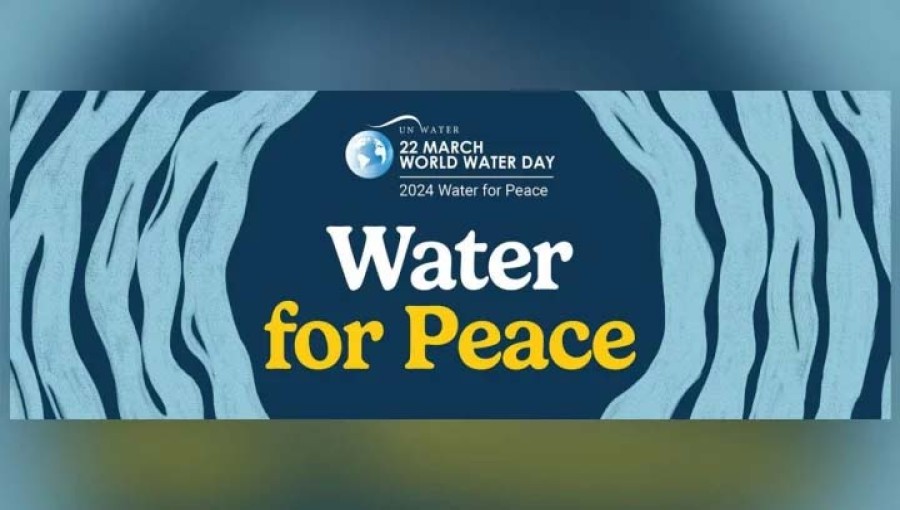
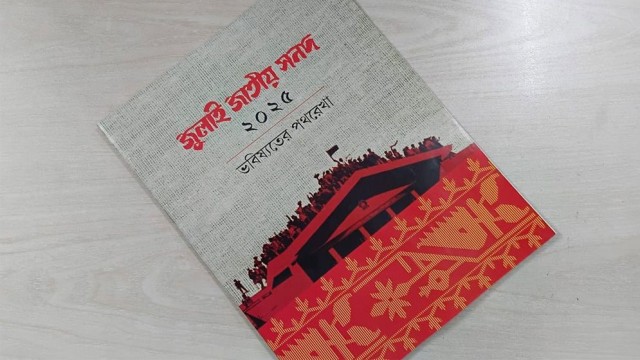
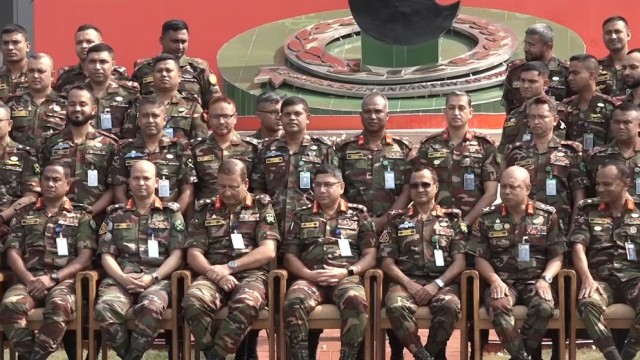
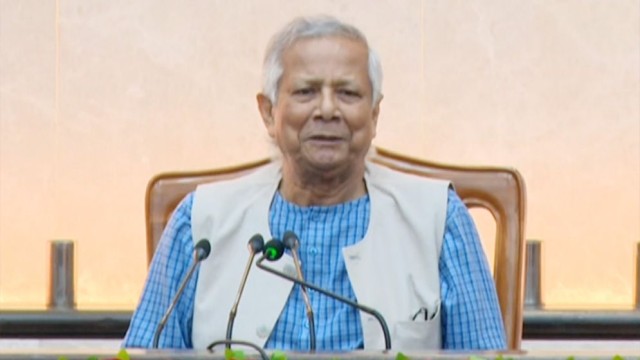

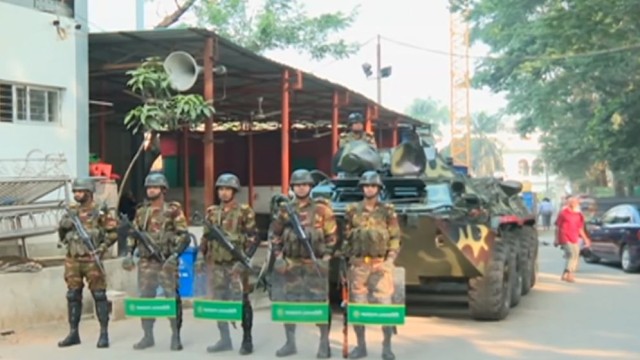
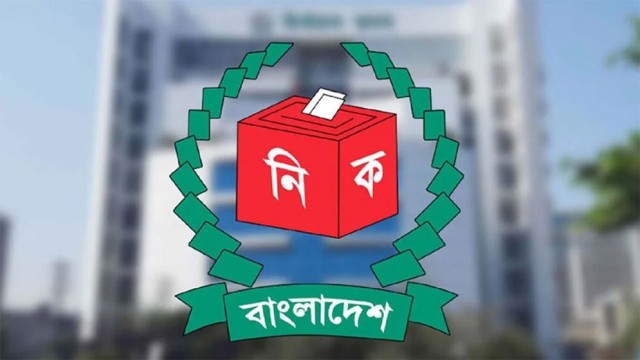

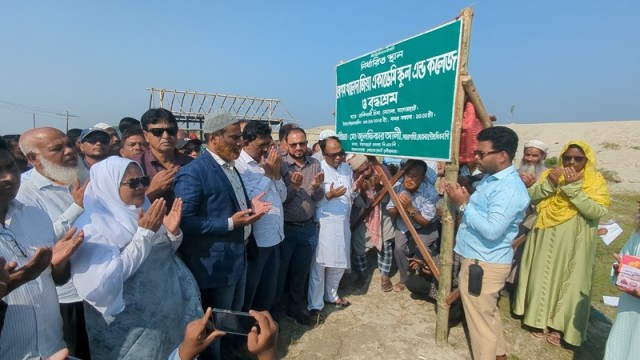
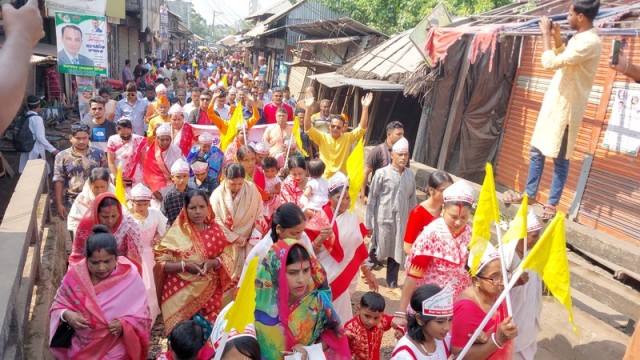
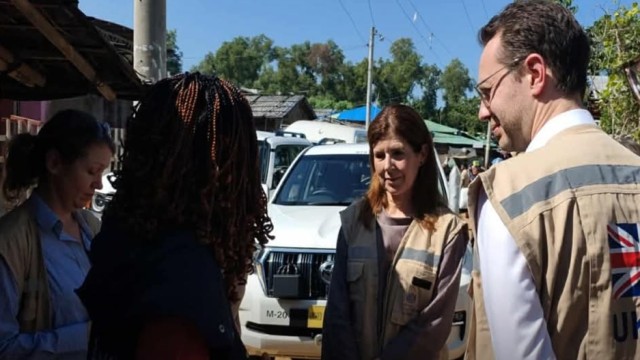
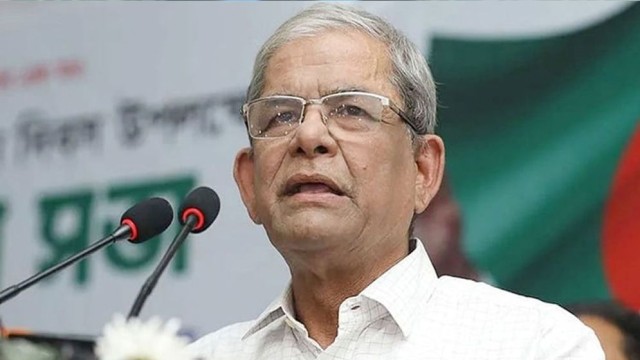
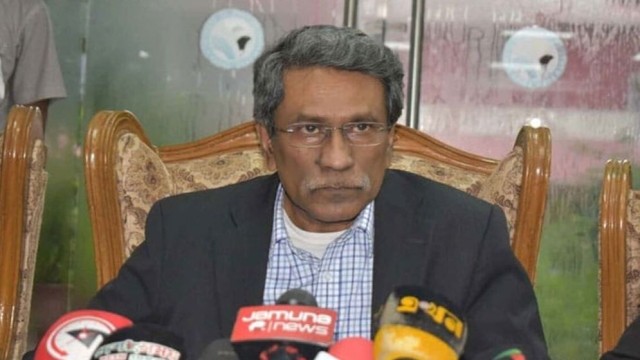



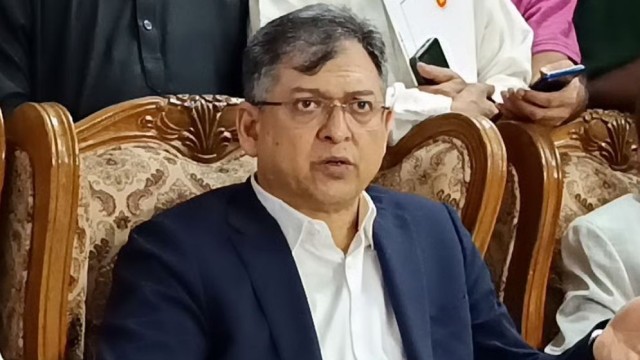









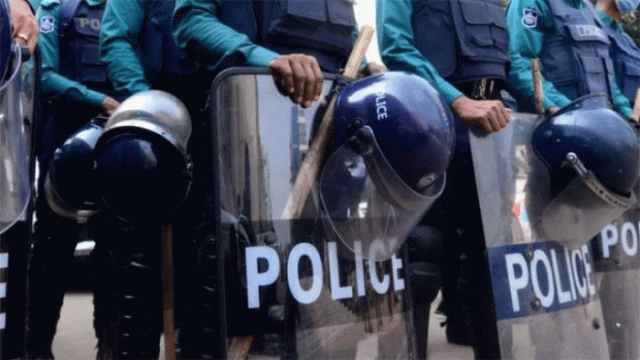
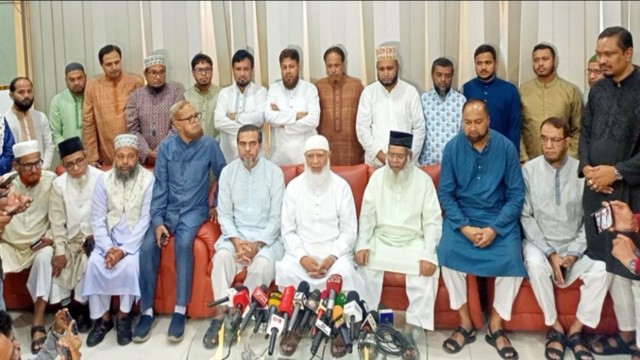
Comment: